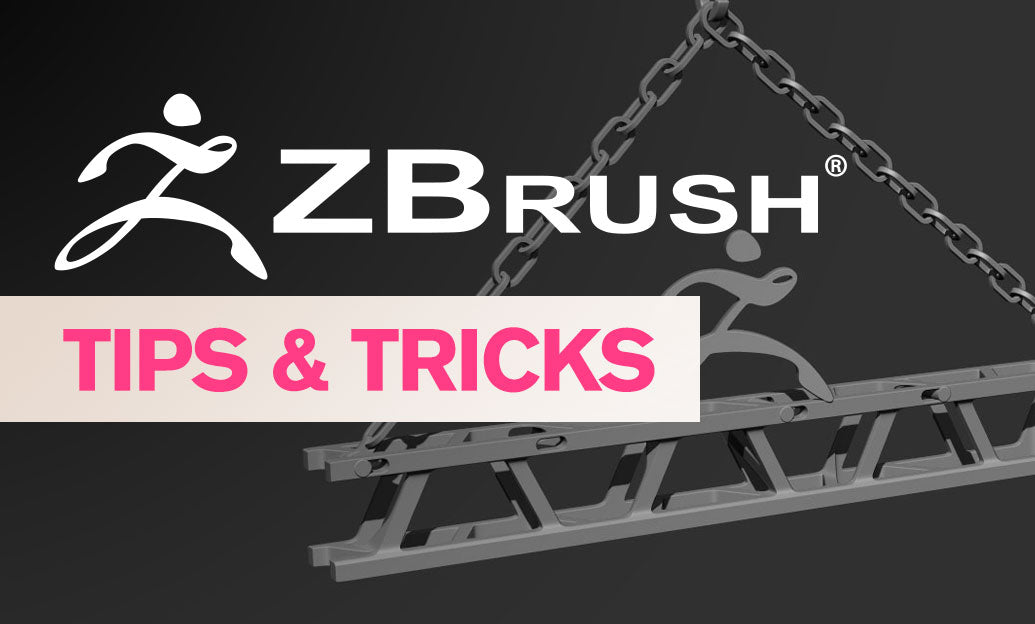Your Cart is Empty
Tip of the Day
Creating complex textures in V-Ray can elevate your renders from good to exceptional. Here are some key strategies to master this essential skill:
- Layered Textures: Use V-Ray’s layered texture feature to combine multiple textures. This allows you to create highly detailed surfaces, such as weathered metal or painted wood.
- Utilize different blending modes to achieve the desired effect.
- Adjust opacity settings for each layer to fine-tune your texture.
- Mixing Procedural and Bitmap Textures: Procedural textures are great for creating base patterns, while bitmap textures can add realism with fine details.
- Combine these two types of textures for a more nuanced result.
- Use procedural textures to add noise or variation to your bitmap textures.
- Displacement Maps: Displacement maps can add real geometric detail to your surfaces. V-Ray supports both 2D and 3D displacement.
- Use displacement maps for elements like bricks, rocks, or fabric to achieve a more realistic look.
- Fine-tune the displacement amount and subdivision settings to balance detail and render time.
- V-Ray’s Blend Material: This feature allows you to blend multiple materials together, offering endless possibilities for complex surfaces.
- Create a base material and add layers for dust, dirt, or scratches.
- Use masks to control where each material is applied, giving you precise control over the final appearance.
- Multi-Sub Texture: Ideal for objects with multiple different textures, such as a tiled floor or a randomized wall.
- Assign different textures to various parts of your object to add variety and realism.
- Use the Multi-Sub texture feature to automate the process of applying different textures.
For more detailed guides and professional tips, visit NOVEDGE. Incorporating these techniques into your workflow will significantly enhance the quality and realism of your 3D renders.






